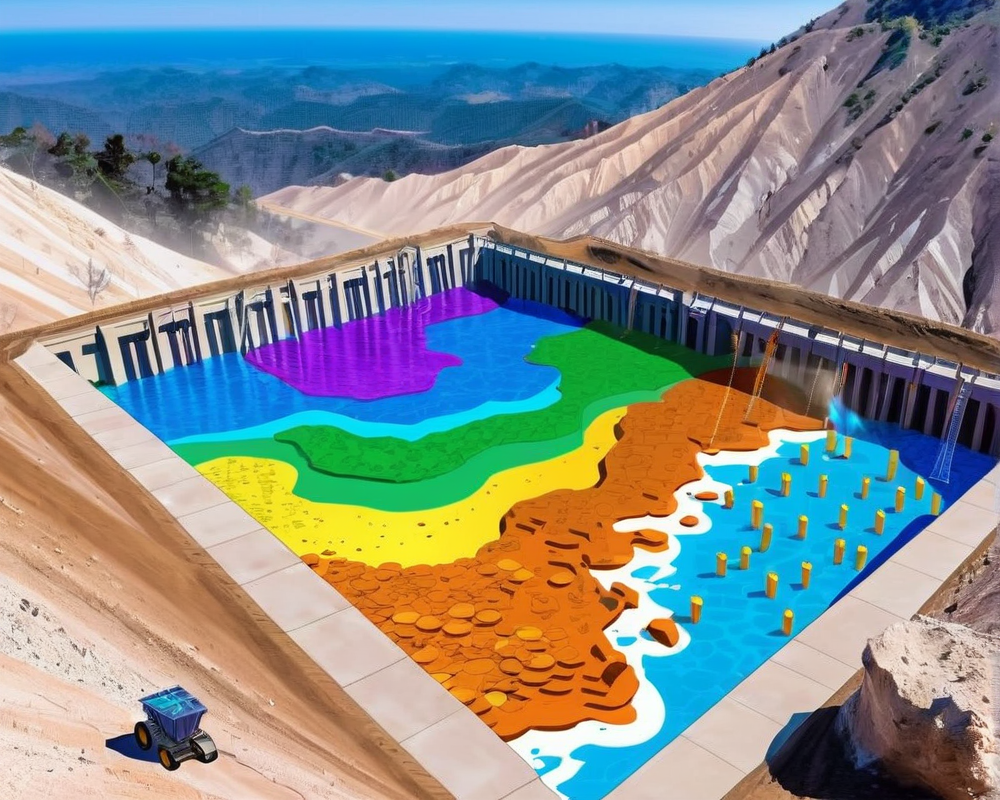The Evolution of Bitcoin Mining
In its early days, Bitcoin (BTC) mining was a straightforward endeavor requiring just a basic personal computer and an internet connection. However, as more individuals joined the race for block rewards, mining has evolved into a complex landscape dominated by powerful hardware and substantial resource investment. Today’s miners utilize Application-Specific Integrated Circuits (ASICs) to tackle the increasingly complex mathematical puzzles necessary for successfully mining a block.
The Challenge of Modern Mining
Bitcoin’s mining process has become considerably more challenging over time, especially with the halving of rewards approximately every four years. This reduction means individual miners must continually invest in computational power to remain competitive, rendering the use of a typical personal computer ineffective. Hence, the idea of cryptocurrency mining pools has gained traction.
Understanding Mining Pools
A cryptocurrency mining pool is a collective formed by individual miners who pool their computational resources. This collaboration improves the chances of mining a block while allowing members to share the rewards based on their contributions. Established back in 2010 with Slush Pool—the first mining pool for Bitcoin—numerous pools for various cryptocurrencies have emerged, including Ethereum (ETH), Zcash (ZEC), and Bitcoin Cash (BCH).
How Cryptocurrency Mining Works
The mining process involves miners solving cryptographic mathematical problems using computing power. This outcome, known as the block’s hash, is essential for integrating new transactions into the blockchain. For Bitcoin specifically, a new block is mined approximately every ten minutes, with the mining difficulty adjusted in response to the overall network’s computational power.
Types of Mining Pools
Mining pools vary in structure and reward systems:
- Proportional Pools: Members earn shares based on their computational contributions until a block is successfully mined, after which rewards are distributed based on the shares held.
- Pay-Per-Share (PPS) Pools: Members receive payouts per share, offering the benefit of daily earnings regardless of the pool’s mining success.
- Peer-to-Peer (P2P) Pools: In these decentralized pools, activity occurs within a separate blockchain, safeguarding member interests against potential operator deceit.
Selecting a Mining Pool
Choosing a mining pool requires careful consideration of profitability factors, including computing power, electricity costs, and applicable mining fees that typically range from 2% to 4% of earnings. Popular pools such as AntPool, Binance, and F2pool have demonstrated strong records of mining success and fair payouts.
How to Start Mining in a Pool
If you’re considering joining a mining pool, you’ll need to secure mining hardware (like ASIC miners), install mining software, and obtain a secure cryptocurrency wallet to store earned rewards. Platforms for other cryptocurrencies, including Litecoin (LTC) or Monero (XMR), also offer opportunities to miners looking for alternatives.
Advantages of Mining Pools
Joining a mining pool has several benefits:
- Reduced initial investment compared to solo mining setups.
- Regular payouts provide a steady income.
- Access to professional management of mining strategies.
Potential Drawbacks
However, mining pools aren’t entirely risk-free. Recent issues, such as Poolin suspending withdrawals due to liquidity problems, highlight the potential risks involved. Moreover, pool fees can eat into earnings, making them lower than what independent miners might achieve. Additionally, the costs associated with both electricity and mining equipment can substantially affect overall profitability.
Conclusion: A New Era of Cryptocurrency Mining
As the cryptocurrency space continues to evolve, mining pools offer a viable solution for individual miners seeking to participate in this competitive arena. With careful analysis of potential pools and understanding the underlying mechanics, newcomers can make informed choices to maximize their rewards while navigating this dynamic industry.




